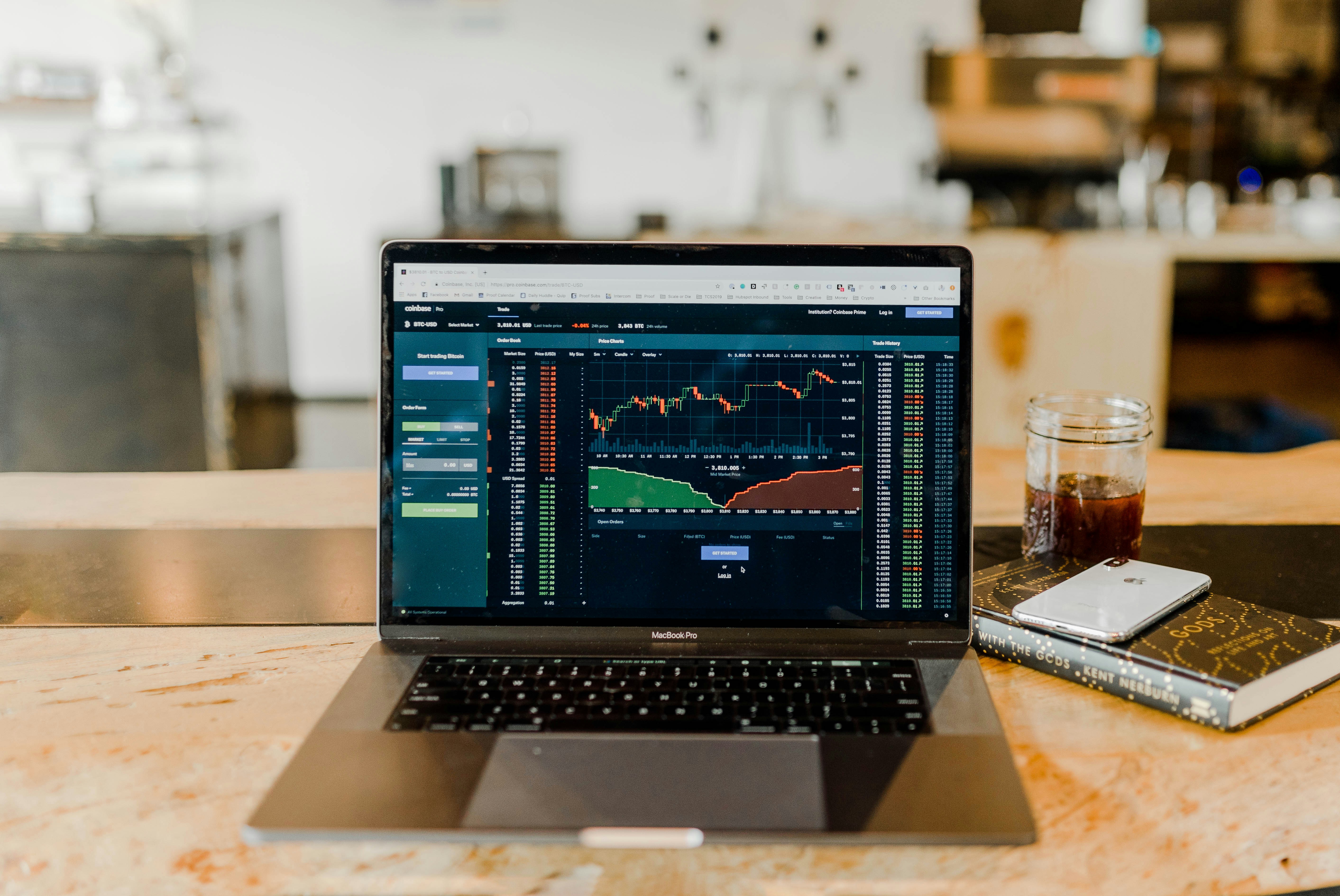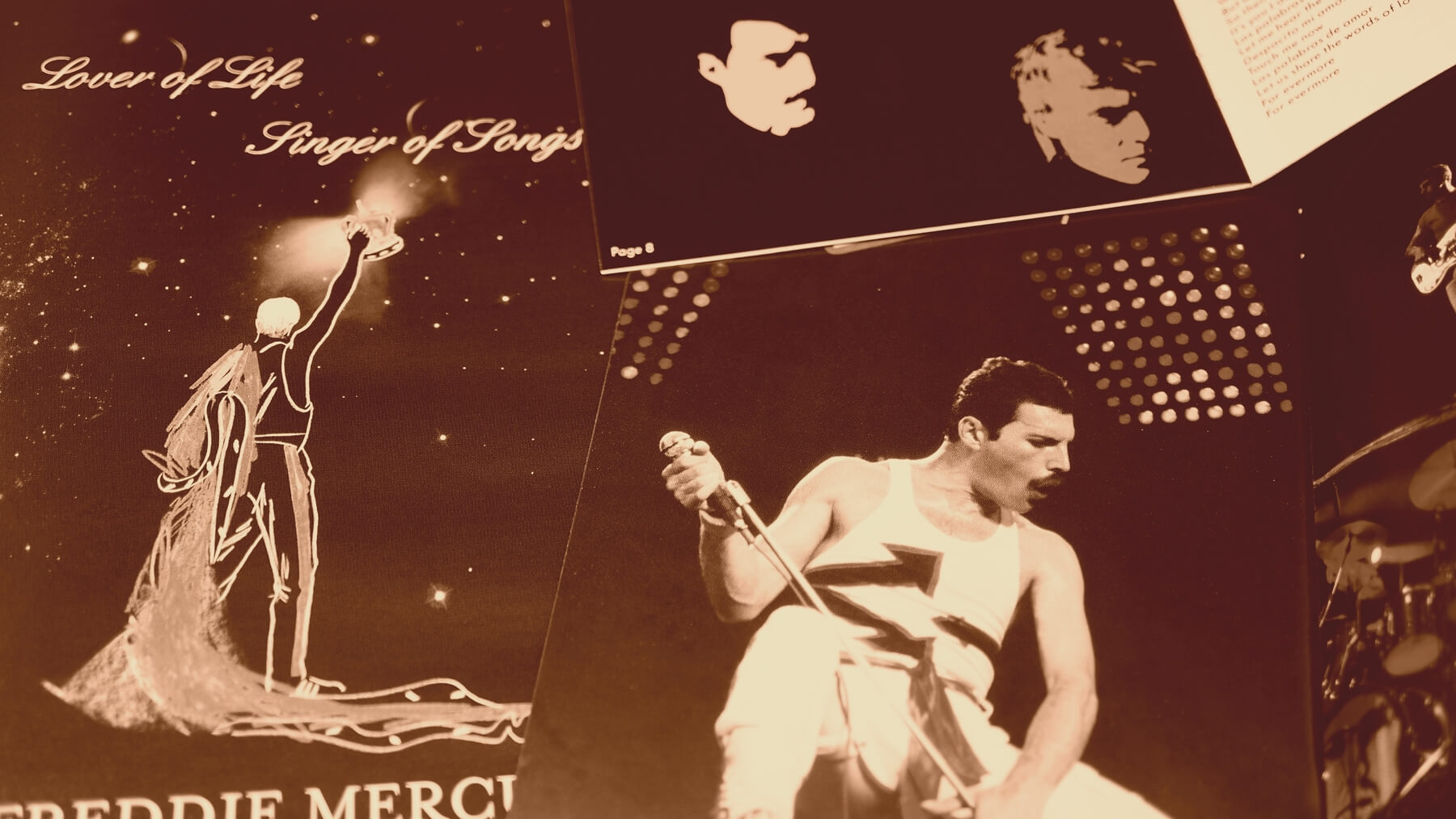Today’s episode is about the global economic uncertainty and how it shapes music. I was joined by Billboard’s Liz Dilts Marshall. We covered it all: tariffs, trade wars, touring, music rights deals, UMG, Bill Ackman, hip-hop, and a whole lot more.
You can listen here or read below for my take on whether music is truly recession-resistant.
what does recession-resistant truly mean?
"Music is recession-resistant" is industry gospel. It’s repeated in boardrooms and investor decks. It's a comforting belief for those with billions at stake in the business. On its surface, yes, people listen to music in good times and bad. The Great Recession didn’t stop Tha Carter III and Lil Wayne’s mixtape run. Lady Gaga started her career as the face of ‘recession pop.’
But the consumption of music is different from than monetization of music. Let’s break down how economic downturns impact different segments of the business.
Streaming: A tale of two models
Premium subscription tiers for music tend to show resiliency. People will cancel their Netflix subscription before they cancel Spotify, especially since it’s more affordable. Meanwhile, the ad-supported tier faces more pressure. When times get tight, those advertisers’ marketing budgets are the first to get cut. During COVID, Spotify’s ad revenue dropped 21% in Q2’2020 while its subscriptions continued to grow. Similarly Q1’2025, Spotify missed its ad-supported monthly active users target by 2 million users but met its premium tier subscriber guidance. Consumers use music streaming like a utility, but big brand advertisers are far more elastic.
Record labels’ performance overlaps heavily with streaming. But for labels specifically, large advances like Zach Bryan’s Warner Records deal won’t slow down. That’s on the balance sheet. But shorter-term promotional spending may be more reliant on an economic downturn. In 2009, the major labels made significant reductions to their A&R and marketing budgets. While the industry is much healthier today than it was in 2009, a similar pullback wouldn’t be surprising.
Live music: bigger = more resistant
Those corporate marketing budget dollars also impact the live business. Brands with the deepest pockets may be less likely to throw big money at partnerships and activations. But for hard ticket sales, it depends on the event type. In 2010, Live Nation’s revenue declined 9%, which lined up with a reported decline in ticket sales. The biggest acts in the world will still tend to do well, but the ticket sales to small to mid-size acts tend to be more impacted by the economic status. “I absolutely need to see SZA on tour this year!” is a more recession-resistant mentality than, “Any good shows this week at The Troubadour?”
Music rights: a long game with longer timelines
These investors have a decade-plus-long time horizon. They are built to think beyond the short-term economic cycle. Sure, rising interest rates may impact discount rate calculations, but the appetite is still here. There was healthy activity in the zero interest rate phenomenon days, and the current environment today as well.
Pophouse, Blackstone, Intercept Music, and Influence Media have all announced new funds raised or acquired in recent months. Shot Tower Capital expects another strong year for music rights transactions in 2025.
The true test
“Music” is too broad to categorize as resistant in good times and bad times. People will always seek out music in good times and bad. But the business relies on customers, advertisers, platforms, promoters, and others who have different incentives during downturns.
You should listen to the full episode! Liz and I also talked about:
- the potential impact of tariffs on vinyl sales and production
- Bill Ackman’s influence on Universal Music Group
- the truth about hip-hop catalogs
Listen here: Spotify | Apple Podcasts | Overcast
Chartmetric Stat of the Week - Zach Bryan's Spotify Riches
In 2024, Zach Bryan had 6.72 billion Spotify streams, more than Morgan Wallen, Post Malone, and Dua Lipa. If we apply the same streaming payout assumptions that we did for our Spotify episode, I estimate that Bryan’s catalog generated between $26 and $30 million from Spotify alone in 2024, which puts him in the top 20 of all artists on the platform.
.jpg)

.avif)







